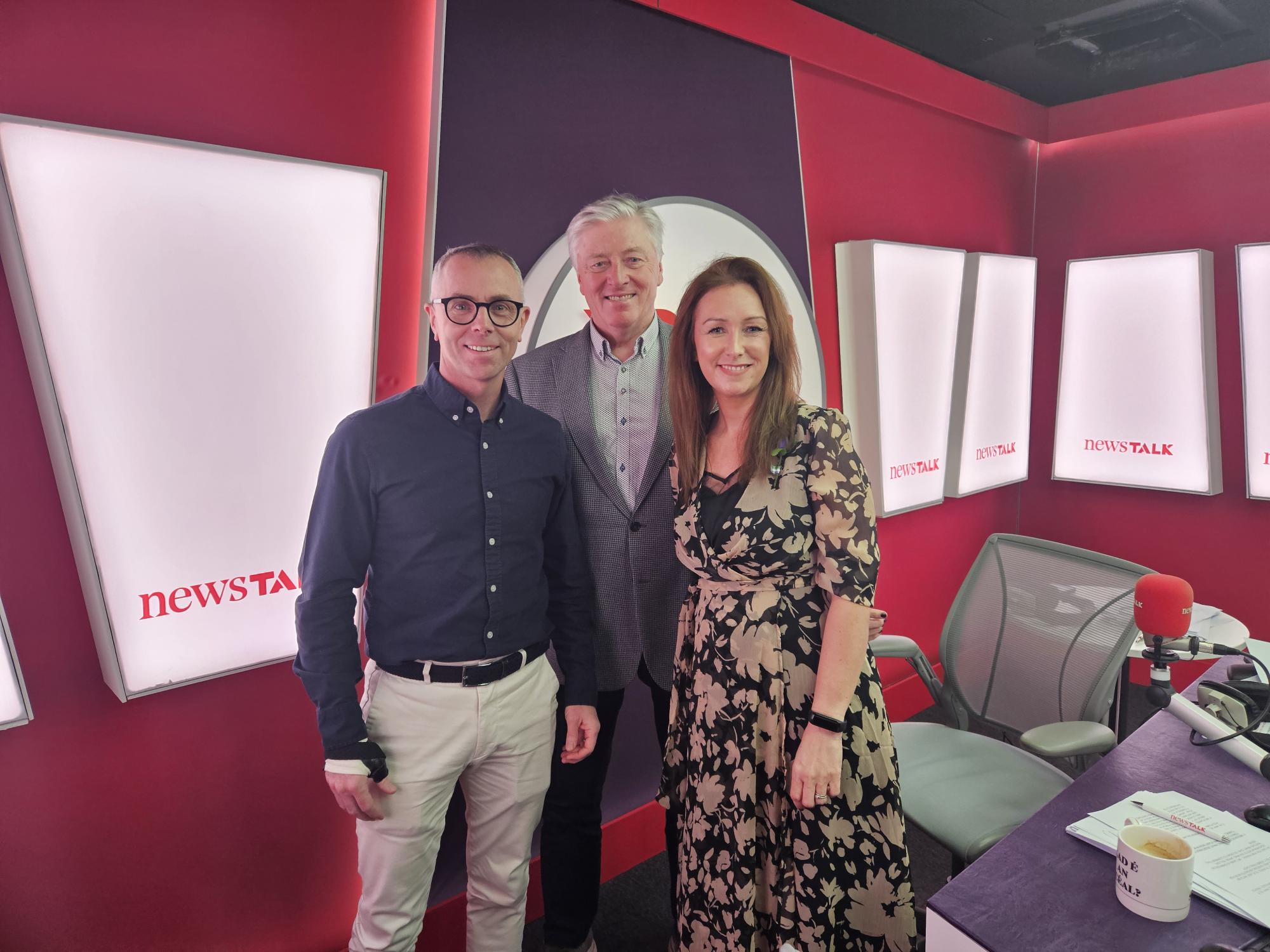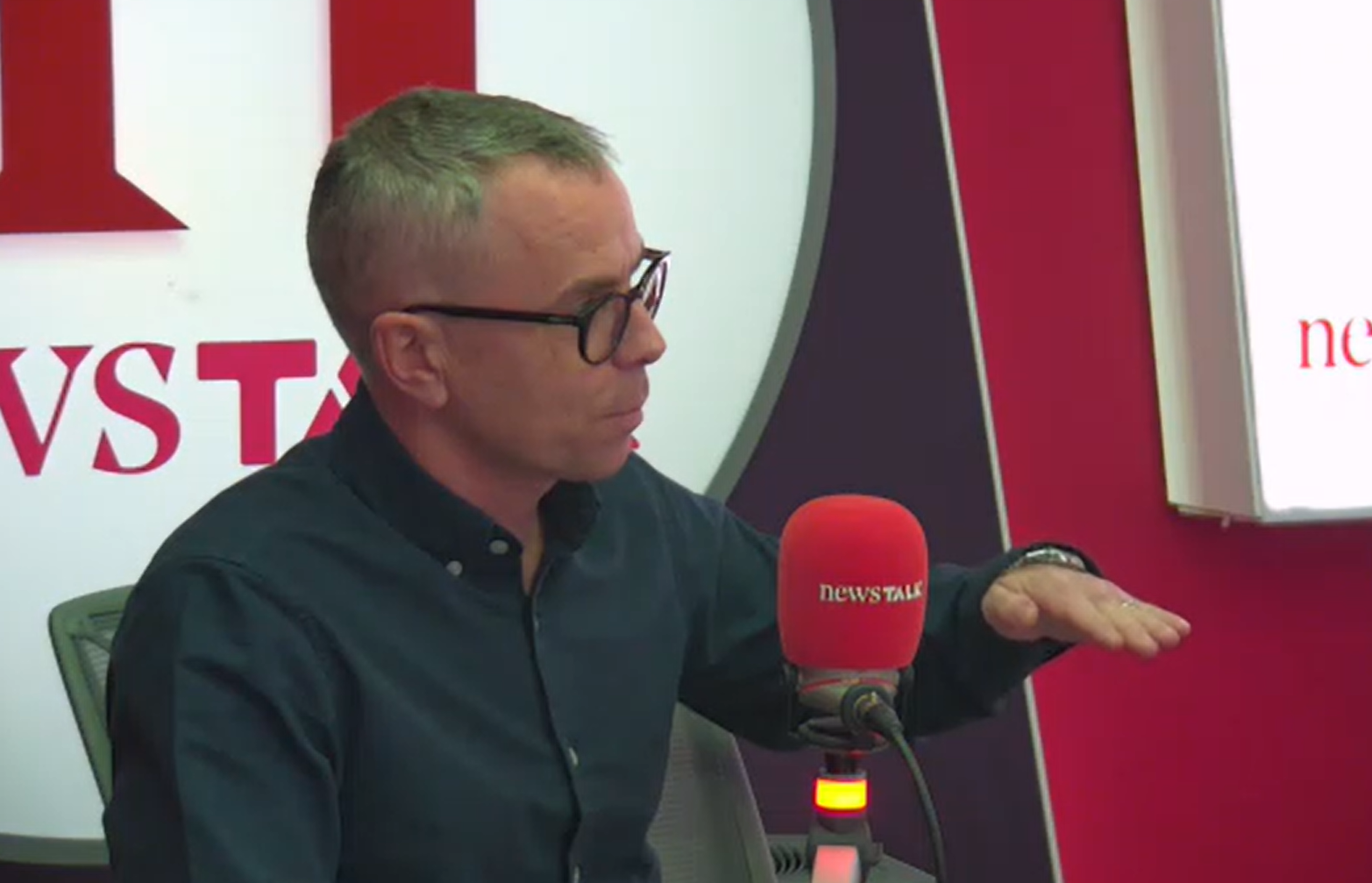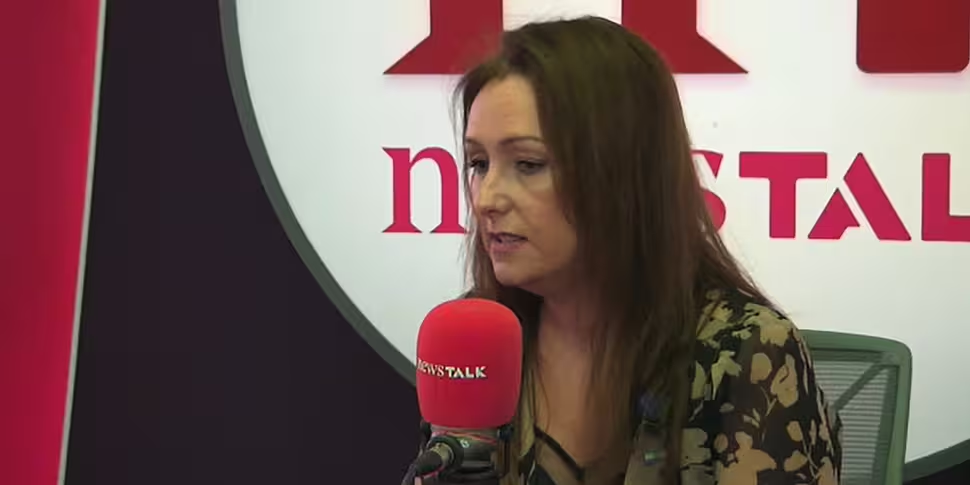A woman said she was unaware she was a carrier of the Cystic Fibrosis gene until her son was born.
Louise Dowling is mother to 11-year-old Aaron who carries two rare Cystic Fibrosis (CF) gene mutations.
The mutations mean he is considered part of the 10% of the CF population who is not eligible for access to life-changing modulator drug therapies.
Ms Dowling told The Pat Kenny Show her son is very susceptible to infections.
"Aaron is a typical 11-year-old boy very much into his football, gaming, he has a great group of friends," she said.
"He's a great kid but unfortunately at the moment he's in hospital and that's just the reality of CF.
"He typically gets quite a lot of coughs and colds so he'd be on antibiotics quite a lot.
"[He is] very prone to picking up other bacterial infections and things in his lungs as well."
Ms Dowling said Aaron's doctor noticed a fortnight ago he had a slight collapse in one of his lungs and a mucus plug which was preventing his airways from working properly.
 Professor Paul McNally, Pat Kenny and Louise Dowling, 10-4-24. Image: Newstalk
Professor Paul McNally, Pat Kenny and Louise Dowling, 10-4-24. Image: NewstalkMs Dowling said Aaron's rare condition means he can't take the drugs on offer.
"There's about 6.5% of people with CF who can't take the modulator - partially that is because they, like Aaron, have rare genes," she said.
"So they haven't had the opportunity to be tried with those medications.
"Some countries are trying new approaches like France - they took a cohort of rare patients and they have them a limited supply of the medication.
"They tested them before and after... and that came out quite positively. So there's certainly a cohort of rare patients that could benefit".
Ms Dowling said Aaron has to do a lot of work to keep in good shape.
"He has to do physio three times a day which is inhalers, various different saline inhalers... different things like that," she said.
"That takes a bit of time in the mornings before school.
"He has to do a lot of physical exercise as well to try and keep his lungs clear and keep things moving".
'It hadn't been picked up'
Ms Dowling said she only knew she was a carrier of the gene after Aaron was born.
"We didn't know and it hadn't been picked up within the families on either side," she said.
"Aaron was born with something called meconium ileus which [means] he couldn't pass the meconium - which is the first poo that babies are supposed to have.
"From that then he was rushed to Crumlin Hospital and the conversation started around a couple of different diagnosis.
"It still hasn't shown up that anyone else [in the family] has any children with CF - but it is only one-in-four if you're both carriers."
Ms Dowling subsequently had a daughter who is not a CF carrier.
 Professor Paul McNally speaking on The Pat Kenny Show, 10-4-24. Image: Newstalk
Professor Paul McNally speaking on The Pat Kenny Show, 10-4-24. Image: NewstalkChildren's Health Ireland consultant in respiratory medicine Professor Paul McNally told the show what is behind the rare genes.
"Roughly 90% to 95% of cases are caused by a small number of genes that we know of and are well described," he said.
"The other roughly 5% is another couple of thousand extremely rare genes.
"There's a lot of people going around where there's only a couple of people in the world with that specific gene type."
'Rarer mutations'
Prof McNally it doesn't matter what the gene mutation is.
"Any two gene mutations can lead to a child with cystic fibrosis - that provides a challenge, then, in terms of developing treatments.
"It's much harder with rarer mutations".
Prof McNally added that gene therapy trials are ongoing with the first trial for newborns "just completed".
He hopes subsequent treatments will go all the way from adults to infants.
People are bring urged to give on 65 Roses Day, Cystic Fibrosis Ireland National Fundraising Day, on Friday. More information can be found here









